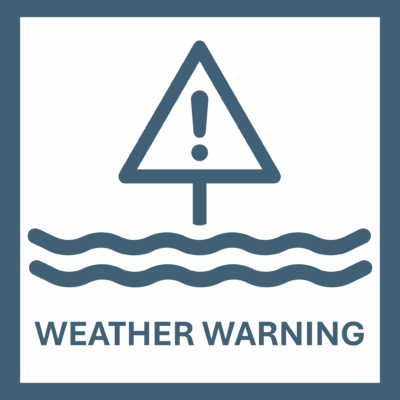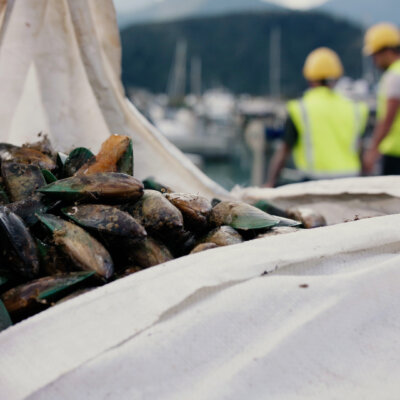Gas and Lithium Batteries : managing the fire risk aboard your boat
Fire is one of the biggest risks to your boat and safety in a marina. A fire caused by a gas explosion or lithium-ion battery will spread fast on your vessel and then move quickly to neighbouring boats. Please take a few sensible steps to keep this risk as low as possible.
Lithium-Ion Batteries: A Key Consideration
In an age where technology accompanies us everywhere, lithium-ion batteries have become an integral part of our boating experience. However, it’s crucial to recognise that these batteries come with inherent risks that require responsible handling. 
- Choose Quality and Reliability: Opt for high-quality and reputable lithium-ion batteries. Quality counts when it comes to safety, and we encourage you to invest wisely
- Follow Manufacturer’s Guidance: Always adhere to the manufacturer’s guidelines, including using a charger specified for the battery. These instructions are designed to ensure your safety.
- Dispose of Damaged Batteries: If you ever encounter a damaged battery, it’s imperative to dispose of it correctly, following the recommended procedures. Safety starts with responsible disposal.
- Supervise Charging: We cannot emphasize this enough – never leave your battery unattended while it’s charging. Being vigilant during this process can prevent potential mishaps.
- Mind the Environment: Maintain a safe charging environment by storing batteries and chargers away from heat sources and flammable materials. A little caution goes a long way.
If you would like to delve deeper and learn more about this topic there is some great information here
Gas Installations: Be vigilant
Gas installations on your boat demand special attention. To ensure your safety and the safety of those around you, consider the following precautions:
- Professional Installation: Any new gas installations should be carried out by a registered gas fitter. Furthermore, check if your insurer requires certification and compliance with safety standards.
- Inspect Older Installations: Be vigilant when it comes to older or existing gas installations. When in doubt, have them inspected by a qualified professional. It’s better to be safe than sorry.
- Turn Off Gas: Whenever you leave your boat, remember to turn off the gas at the bottle. This simple yet vital step can prevent gas leaks and potential fires.
- Mind the Bilge: Gas tends to accumulate in the bilge, where ignition sources related to the engine are often located. Stay aware of this fact and take necessary precautions to minimise risks.
Contact your marina office if you have any questions, and our team will be happy to help.




